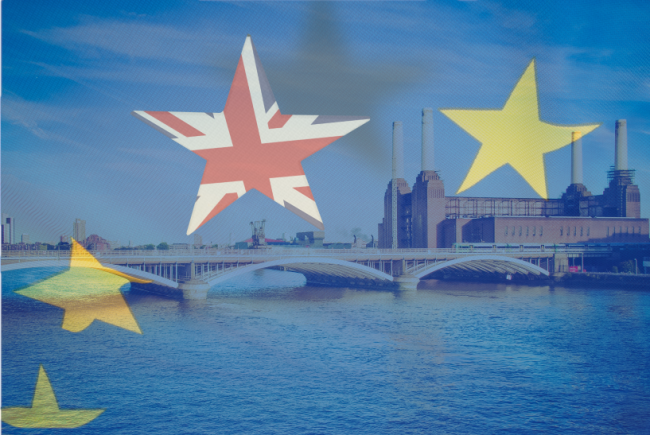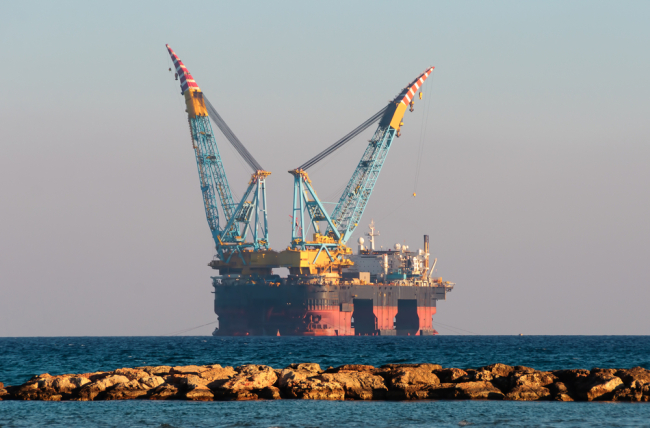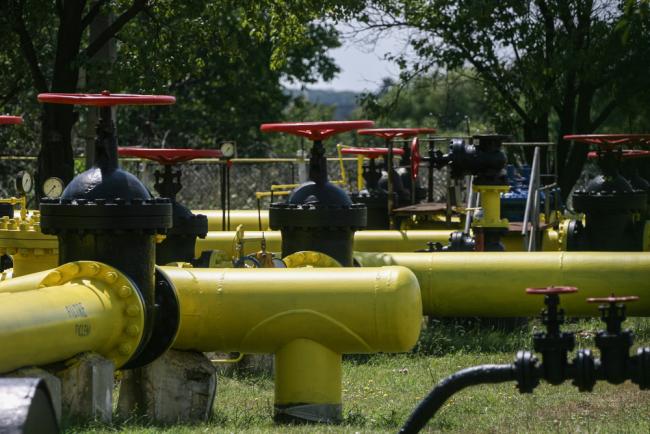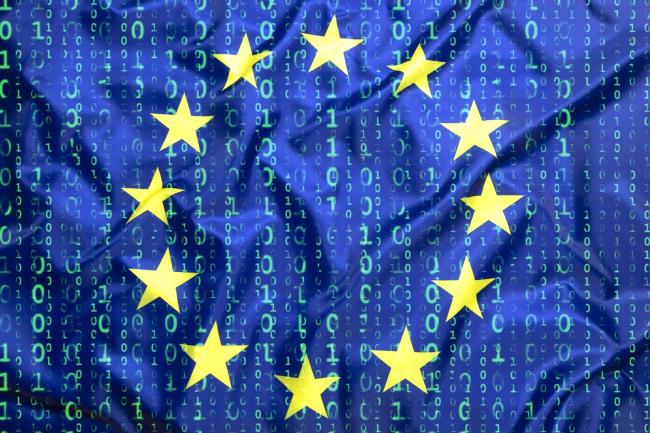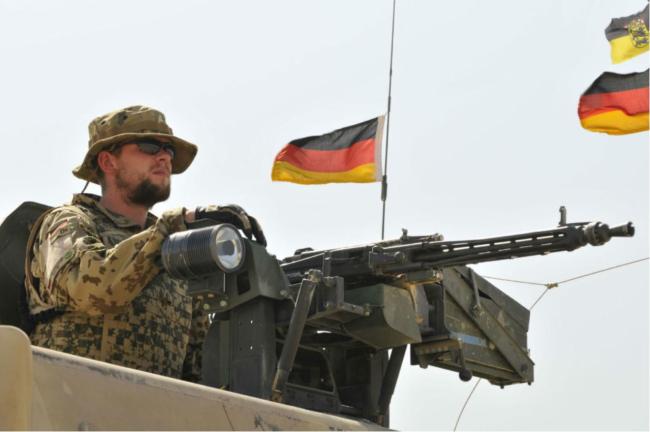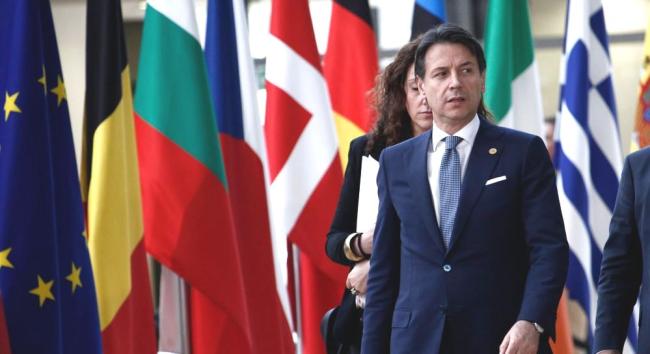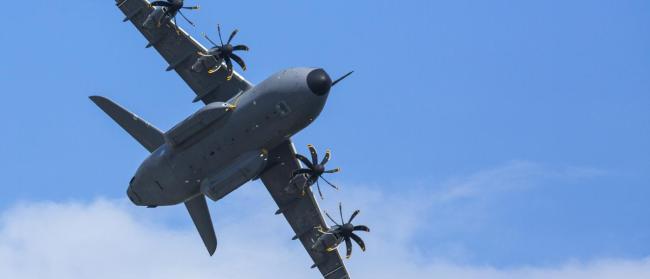Europe
Europe is described here in a geographical sense. It is not limited to the European Union, and includes, for example, the United Kingdom and the Balkans. It remains central to international relations.
Related Subjects

Opening up the G7 to South Korea to Address Contemporary Global Challenges

The G7’s global influence has diminished as powers like China reshape international governance through initiatives such as BRICS and the Shanghai Cooperation Organisation (SCO). With the G7 now representing just 10 per cent of the world’s population and 28 per cent of global GDP, its relevance is increasingly questioned.

The Wider Context: Germany's Baltic Engagement, the ‘Munich Consensus’ and the Future of European Security
Brexit, Electricity and the No-Deal Scenario: Perspectives from Continental Europe, Ireland and the UK
When it comes to energy and electricity in particular, there can be no winner in the Brexit negotiations. The only reasonable objective should be to minimise losses and avoid trade friction.
Europe Facing the Digitization of Work: The Political Risks
The nature of work has been remarkably transformed in a short period of time through the combined effect of globalization and technological disruptions. Ongoing technological breakthroughs, carried by increasingly digitalized and automated economic activities, and the “democratization” of artificial intelligence, heighten fears of massive job destructions and the deepening of social inequalities, to the detriment of downgraded and pauperized middle classes.
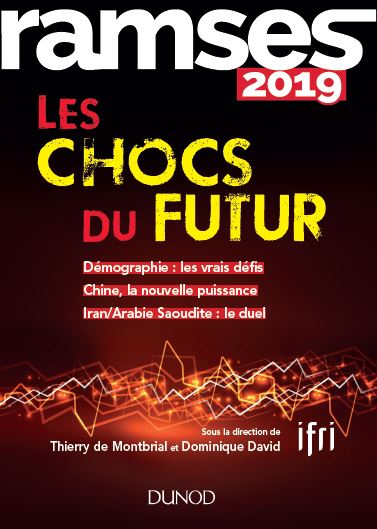
RAMSES 2019. The Clashes of the Future
RAMSES 2019. The Clashes of the Future, written by Ifri's research team and external experts, offers an in-depth and up-to-date analysis of global geopolitics.
L’Égypte, nouvelle plateforme gazière en Méditerranée orientale
Recent offshore gas discoveries in the Eastern Mediterranean, primarily in Egypt as well as in Israel, but also around Cyprus, are dramatically changing these countries' energy perspectives and economies, and also influence geopolitical balances in the region.
Romania: a key player in the Energy Union for the security of natural gas supply?
In 2015, Maroš Šefcovic, Vice President of the European Commission for Energy Union, was writing about Romania as being «at a crossroads - both in strategic and physical terms.
Europe: Subject or Object in the Geopolitics of Data?
Data no longer should be understood as a sole commercial or regulatory issue, but rather as an actual stake of international politics. Mastering data is an issue involving different set of actors, with diverging motivations: it is a sovereignty and national security stake for states, a democratic stake for people (personal data), and a fundamental source of value creation for companies.
The Real Roots of Germany's Defense Spending Problem
The 1970s were a decade of anti-war movements. Willy Brandt received the Nobel Peace Prize for his détente policy toward the Eastern Bloc – and West German defense spending peaked at 3.13 percent of GDP in 1975. Clearly, those days are long gone.
Immigration: Europe in the Face of an Italian Crisis
Since the Italian election held on March 4th, 2018, immigration policy has become a hotter-than-ever issue both at national and European level. The Aquarius incident has brought to light the question of European solidarity regarding immigration issues.
The Three Dimensions of Europe's Defense Debate
In light of transatlantic tensions and a deteriorated security environment, European security affairs are at the crossroads.
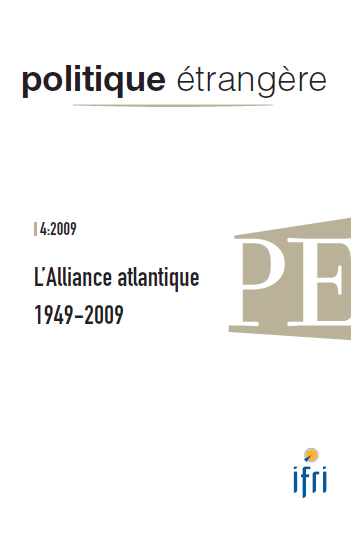
NATO 1949-2009
A little more than 60 years after its creation, questions about the future of the Alliance emerge at the intersection of three observations. First, the complexity of the world, which makes the Alliance ‘inevitable,' since it is a rare source of stability and solidarity in a world marked by uncertainty. Second, American doubt. If the United States was the global policeman for some simple minds at the start of the 1990s, others see the US as having used up its power in the adventurism of the Bush Administration. The future will wipe out these two caricatures. For members of the Alliance, the US will long continue to be a necessary friend, whose power and possible abandonment are feared. The third observation is, obviously, Europe's incurable ethnocentricity: if Europeans knew how to look at the world and their place in it, they would rapidly give up their mediocre powerlessness. History is moving on elsewhere and raises questions on its chaotic path to which others are replying more quickly. In the years ahead, therefore, the Alliance may lorge ahead without Europe or nearly without it, despite the fact that Europeans' specific know-how could be useful.
Ukraine - A Transit Country in Deadlock? Four Scenarios
Should we consider Ukraine a transit country in deadlock, and reduce its energy role just to that of a transit country? Definitely not, because Ukraine is at once a large gas consumer and producer, and possesses massive storage capacity. But the economic and political situation of the country is alarming, even without considering the possibility of another gas crisis Without such a crisis, however, the event of Ukrainian bankruptcy would attract less broad international attention simply because it would not have direct impact on European gas consumers.
Considerations on NATO’s Future Direction
The question of how the Alliance can best meet the common security problems of its member states should determine the revision of the Strategic Concept and analysis of the future of NATO in general.
NATO: From Washington (1949) to Strasbourg/Kehl (2009)
The Alliance cannot avoid a strategic debate about its role, missions and resources. This may be painful, but it will ensure clarity and prepare the Alliance for future challenges.
The Reform of NATO and the Free World’s Security Pact
Reforming the structure does not go to the heart of the problem. A new understanding has to be reached among the allies that takes into consideration the political, economic and technical changes of the last decade.

First Reactions to the EU's Eastern Partnership
Report written by Adrianne Montgobert, Intern, Ifri Bruxelles
A New Institutional Architecture for the Transatlantic Relationship?
Recasting Relations with the Neighbours - Prospects for the Eastern Partnership
The New US Administration: Likely Major Foreign Policy Initiatives
This debate was organized in cooperation with the US Mission to the EU.
Report written by Christian Schülke, Junior Research Fellow, Ifri Brussels
Support independent French research
Ifri, a foundation recognized as being of public utility, relies largely on private donors – companies and individuals – to guarantee its sustainability and intellectual independence. Through their funding, donors help maintain the Institute's position among the world's leading think tanks. By benefiting from an internationally recognized network and expertise, donors refine their understanding of geopolitical risk and its consequences on global politics and the economy. In 2025, Ifri supports more than 80 French and foreign companies and organizations.







